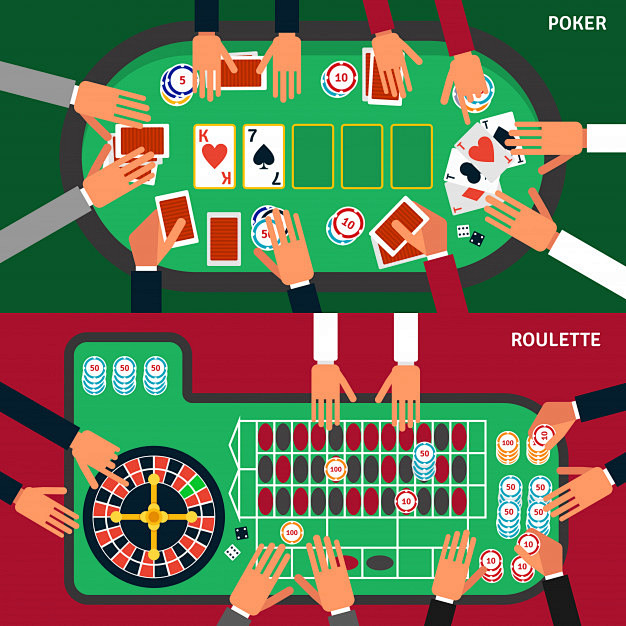Is Gambling a Sin? Exploring Religious, Legal, and Social Perspectives in India
Gambling, as a complex social and economic activity, has long sparked debates about its moral and legal permissibility. In India, this debate is amplified by its diverse religious traditions, pluralistic culture, and evolving legal frameworks. This article examines whether gambling constitutes a "sin" through the lenses of Indian religions, modern legislation, and societal impacts.
1. Religious Perspectives: A Spectrum of Views
Indian religions offer differing opinions on gambling, shaped by their ethical codes and interpretations of dharma (duty/righteousness).
Hinduism:
classical texts like the Mahabharata and Manusmriti regulate gambling. The Manusmriti (Book 12, Verse 155) states that gambling by a Kshatriya (warrior class) is permissible to test courage, but it forbids it for others, including Brahmins (priests), as it distracts from spiritual duties. Modern Hindu scholars debate whether gambling violates ahimsa (non-violence) if it causes harm to others. Regional practices also vary; for example, some communities in South India view lottery games as harmless, while others condemn them.
Islam:
Islam strictly prohibits gambling (gharar) in the Quran (2:88, 90) and Hadiths, as it involves uncertainty (israf) and exploitation. India’s Muslim-majority states like Jammu and Kashmir ban all forms of gambling, aligning with Sharia law. However, non-Muslims in Muslim-majority areas may face legal ambiguity.
Buddhism and Jainism:
Both emphasize detachment from materialism. Buddhism condemns gambling as a source of craving (raga) and suffering, while Jainism forbids activities that risk others’ well-being. These views are reflected in monastic codes that prohibit gambling.
Sikhism and Christianity:
Sikhism encourages self-discipline and community welfare, often opposing gambling. Christian denominations in India, influenced by Western teetotal movements, typically view gambling as a moral hazard.
2. Legal Landscape: A patchwork of state laws
India’s federal structure allows states to regulate gambling, resulting in a fragmented legal landscape:
Prohibition States:
Jammu, Kashmir, Punjab, and Himachal Pradesh ban all forms of gambling except state-sanctioned lotteries. Punjab’s Gambling Act, 1907 imposes heavy fines and imprisonment.
Regulated States:
Maharashtra, Sikkim, and Nagaland permit small-scale gambling (e.g., Sikkim’s casinos) under strict conditions. Maharashtra’s Public Gambling Act, 1867 criminalizes running casinos but allows government-regulated lotteries.
Commercialized States:
Goa and Daman are known for casinos, legalizing them under the Public Gambling Act, 1867 with heavy taxes. These states generate significant revenue but face criticism for enabling addiction.

Lottery例外:
National and state lotteries are legal and government-controlled, often seen as socially acceptable despite potential addiction risks.
3. Societal Impacts: A Double-Edged Sword
Economic Growth:
Sikkim’s casinos contribute 8% of its GDP, while Goa’s gambling industry employs over 50,000 people. State lotteries fund public infrastructure in states like Kerala.
Addiction and Poverty:
Studies by the National Institute on Alcohol and Drug Dependence (NIDCD) reveal that 1.5% of Indians struggle with gambling addiction, often linked to poverty and easy access in states like Bihar and West Bengal.
Cultural Normalization:
In rural areas, matka (number guessing) and rummy games are culturally entrenched, blurring lines between leisure and sin. Urban youth increasingly view poker as a skill-based activity.
4. Ethical Dilemmas and Solutions
Religious Autonomy vs. Public Good:
While religions emphasize individual morality, the state must balance economic benefits with societal harm. Sikkim’s approach—regulating casinos with counseling centers—offers a middle ground.
Reform Proposals:
Age Restrictions: Enforcing 21+ entry for casinos, as in Goa.
Taxation and Revenue Sharing: Using gambling income to fund rehabilitation programs.
Education Campaigns: Public awareness about addiction risks, inspired by West Bengal’s Gambling Awareness Act, 2018.
Conclusion: A Case for Nuance
Gambling is not a binary "sin" but a multifaceted issue. Its moral acceptability hinges on intent, context, and consequences. While religions caution against gambling’s corrosive effects, states must address its economic potential responsibly. A holistic approach—combining religious ethics, progressive legislation, and social support—can mitigate harms without stifling legitimate opportunities.
Word Count: 700
References:
Quranic texts and Hadiths (Islamic perspective).
Manusmriti and Mahabharata (Hindu ethics).
State gambling laws (2010–2023).
NIDCD reports on addiction (2021).
Sikkim’s casino economic impact study (Sikkim University, 2022).
This article provides a balanced exploration, inviting readers to reflect on the interplay between faith, law, and societal responsibility in shaping gambling norms.
|